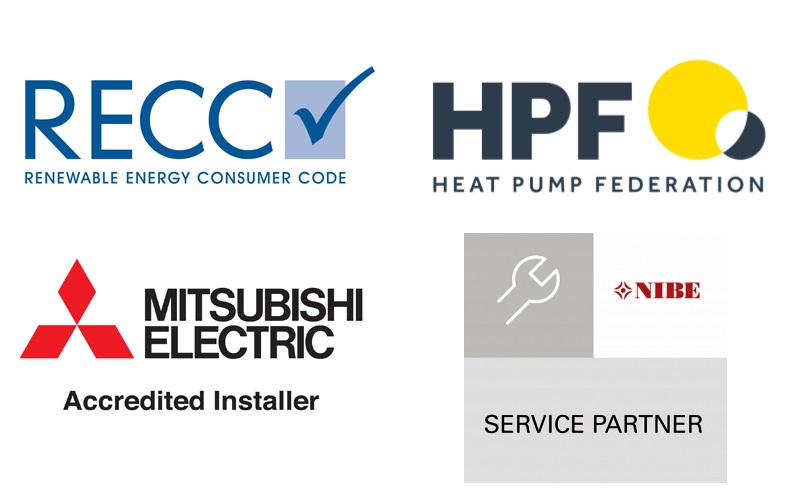General Issues
General Heat Pump Issues
High Electricity Bills
Frequently turning thermostats up and down uses more electricity that you think. In conjunction to having a home that is insulated well, a heat pump is designed to maintain a consistent temperature, which in turn uses less power.
Some systems have an immersion heater installed as a backup for emergencies. These are designed to ‘kick in’ when external temperatures are too low and your heat pump needs assistance to get hot water or heating to the desired range. If you have programmed your temperature settings too low, you may be unknowingly activating the immersion into action. As this function does not use electricity as economically as a heat pump would when using its compressor, your consumption of energy used will be much higher. In similar instance, if temperature settings are too high – your heat pump will be working harder and for longer periods of time to constantly meet this demand, which inevitably will increase your energy consumption.
It’s important to take good care of your heat pump, as some of the components are quite delicate. Improper usage, such as a prolonged high demand, can impair the performance of parts which effects their ability to work efficiently.
High Water Consumption / Bills
We’d advise initially completing a visual check for signs of damp spots or pooling patches of water around your heat pump and fittings. Common parts such as safety valves, can degrade quickly in hard water areas or through constant use on the system.
Condensate or other waste pipework may have joints that have eroded or weakened over time and be ‘leaking’. Underfloor heating may need to have a specialist engineer to review if through the manifold, we can detect no return flow. This suggests there could be a valve failure or potential leak somewhere in your system.
If you cannot visibly see any issues – we would advise checking and noting readings from your water meter. If this is indicating water flow but you are not using any water, we would suggest that this indicates a possible valve failure.
As water can be very damaging to its surrounding areas, if you suspect the above, we’d advise to get in contact with us to discuss further or arrange an inspection of your unit.
Be advised; your water supplier will charge you for every litre of water lost and therefore once you suspect an issue, you should act quickly to investigate, as bills can become excessive very quickly.
Radiators are not ‘hot’
It is important to initially understand that heat pumps are designed to constantly measure external and internal temperatures to establish how warm your home should be. If your home is well insulated, heat will be retained far longer, meaning there is less requirement for your heating equipment to be in use and potentially at lower temperatures when it is – to just ‘top up’ demand.
Secondly, sometimes how we ‘feel’ may not match the recorded ‘actual’ temperatures and thus is sometimes why radiators may only be lukewarm to the touch.
There is always a possibility that pipework could be partially blocked – as debris can build within, without regular inhibitor being added to the system. It may be that a power flush is required with the use of special chemicals to breakdown and clear unwanted sludge in order that the correct flow can be regained.







